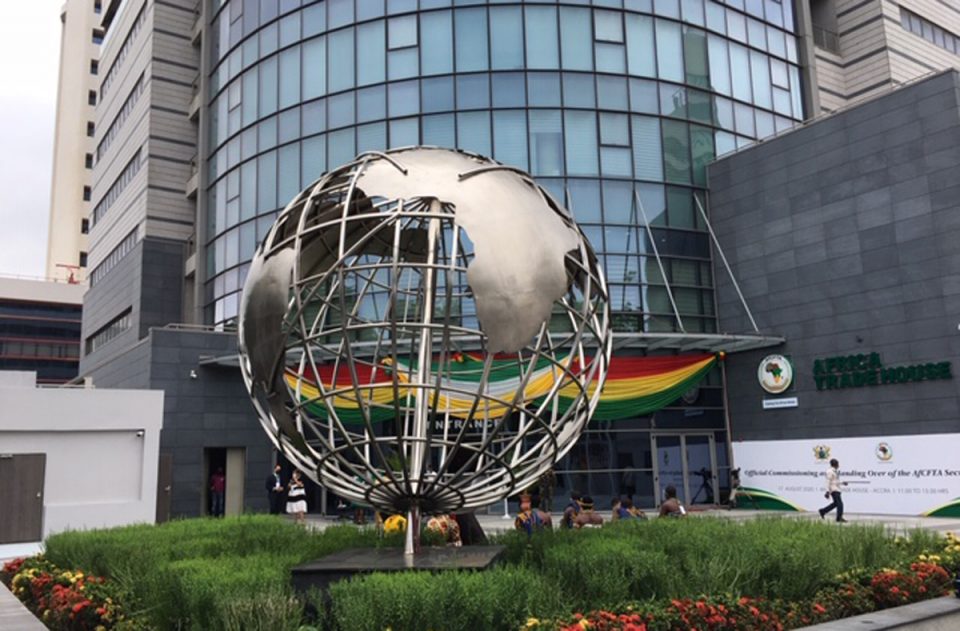- Many countries yet to develop implementation strategy
- Sensitive products may come under liberalised list as timeline passes
One year after the implementation of the African Continental Free Trade Area Agreement (AfCFTA), which came into force on January 1, 2021, Nigeria continues to lag behind in making the trade agreement operational owing to structural challenges, Coronavirus pandemic and lack of consensus on trade protocols and strategy among stakeholders.
Despite the ratification of the trade deal among African countries, with exception of Eritrea, the political will to implement the deal remains in doubt going by the pace and protectionist stance of many African governments.
With the operational phase still to commence in Nigeria, the country has continued to lose opportunities of enjoying projected income through tariffs on its sensitive products as some of the products will have to be liberalised within the 10-year period agreed in the deal.
The Guardian had exclusively reported that the government plans to protect at least 180 products.
Sources familiar with the tariff lines in the schedule submitted to the Economic Community of West African States (ECOWAS) by Nigeria for negotiation told The Guardian that, while 131 products are already on the import prohibition list, the remaining products on the exclusive list were picked based on national priorities, trade volume, food security and competitive advantage.
Presently, only seven per cent of sensitive products (427 tariff lines) and three per cent of exclusive products (184 tariff lines) were negotiated rather than the other way. This puts over 4,300 tariff lines under the liberalised list.
Stalling implementation also means that most of the products on the sensitive list will be liberalised, putting the country at a disadvantage.
Indeed, it was agreed that there should be 90 per cent tariff liberalisation and the deadline was July 1, 2020. Over a 10-year period with a five-year transition, there will be an additional seven per cent for “sensitive products” that must be liberalised.
Beyond local challenges, disruptions of global supply chains due to Coronavirus restrictions in 2020 limited AfCFTA’s potential, as manufacturers across the continent suffered access to raw materials and access to existing markets, forcing them to look inward and explore newer trade routes.
Although the Federal Government said negotiations were about being completed with outstanding work still on textiles and automobiles, operators doubt the readiness of Nigeria to trade within the continent, especially within the ECOWAS bloc, going by trade barriers in the form of punitive levies charged by neighbours on transit goods.
Non-Tariff Barriers (NTBs) are a great hindrance to intra-African trade, whether physical, like poor infrastructure, or administrative like the behaviour of customs officials. These are to be monitored with a view to ensuring they are eliminated.
However, one year after, reverse is the reality going by the various issues in the Benin corridor and Ghana.
In 2018, African Heads of State adopted the Protocol Relating to the Free Movement of Persons, Right of Residence, and Right of Establishment to enable Africans to freely move and work within Africa.
The Protocol is expected to serve the interests of African workers, entrepreneurs and the large informal sector for 30 days, following the receipt of the 15th instrument of ratification.
However, only four countries on the continent have deposited their instruments of ratification at the AU depositary. This has created a challenge for the movement of people within the continent, especially for Nigerians.
African nations currently trade more internationally than with one another. Intra-African trade accounts for 17 per cent of African exports, which is low compared to 59 per cent for Asia and 68 per cent for Europe, according to the World Economic Forum.
Despite ranking the third contributor to intra-African trade in 2020, Nigeria’s share of trade remains low considering its status as the biggest economy on the continent. This is even as raw commodities dominate items exported from the continent, the latest African Trade Report has shown.




